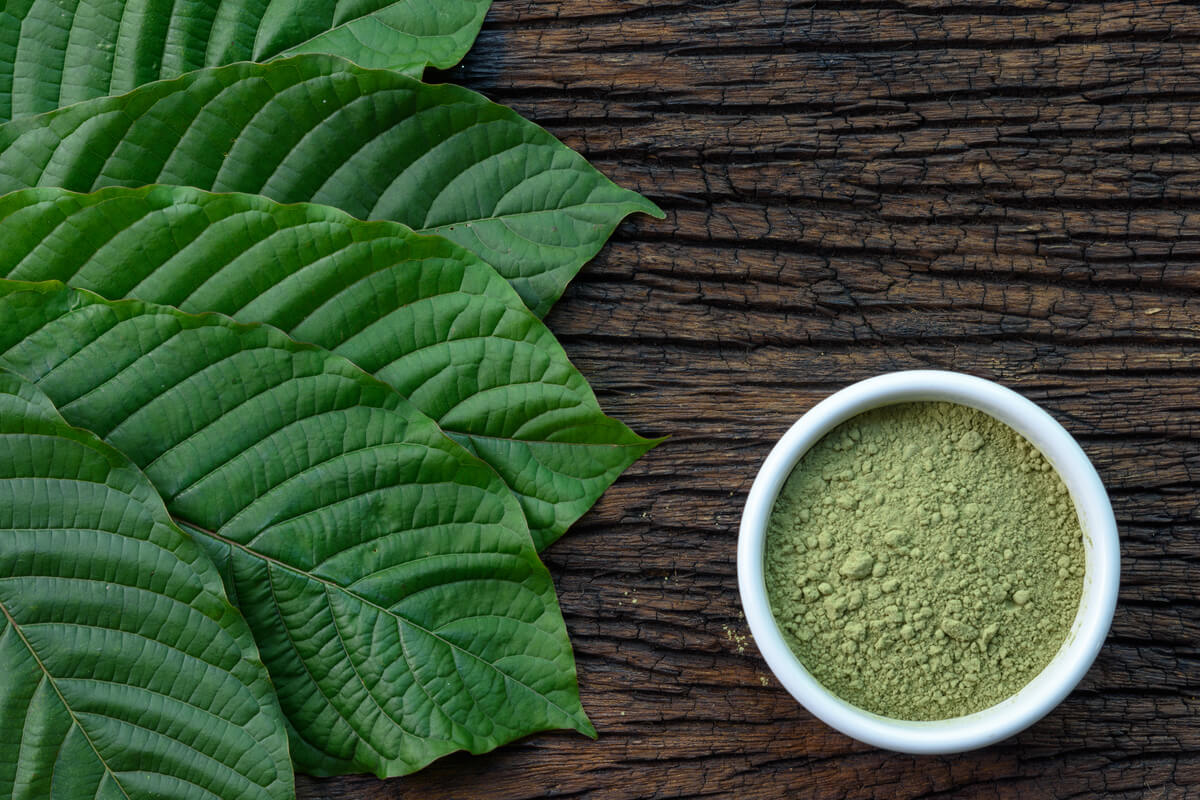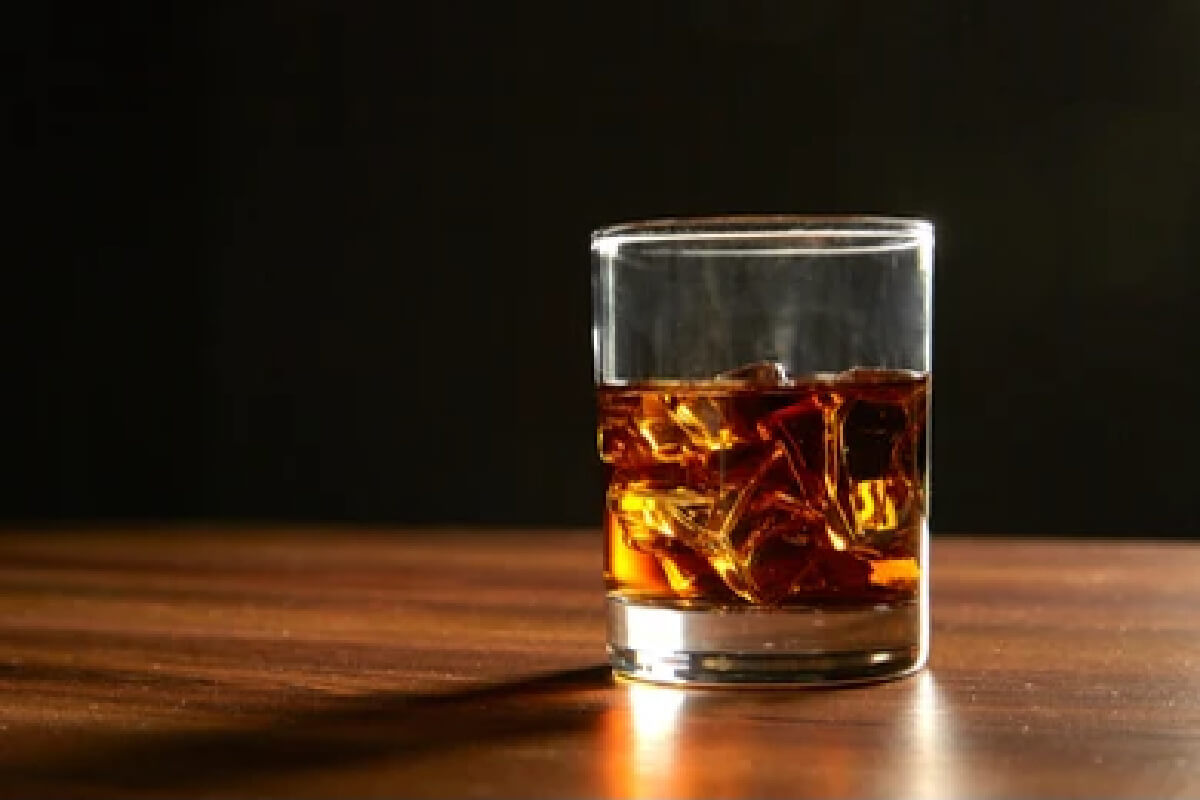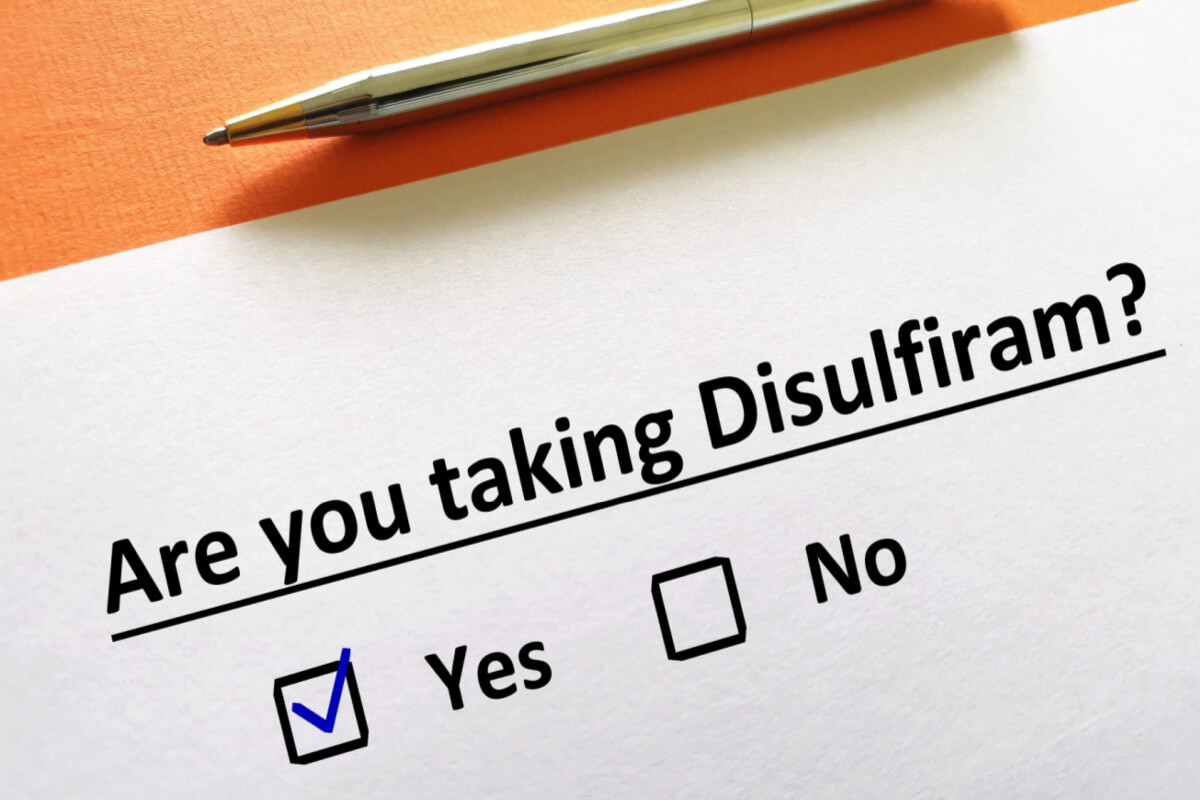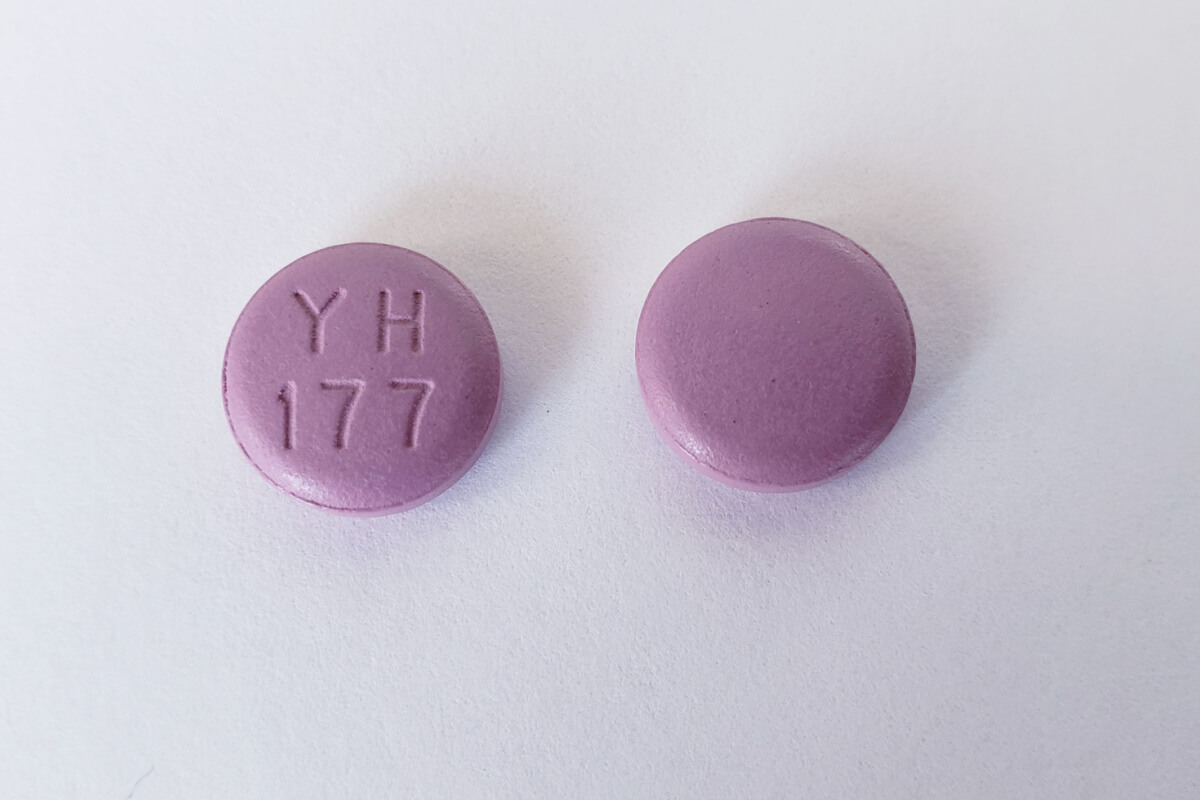A “hangover” is a colloquial term used to refer to symptoms experienced the day after alcohol use. Alcohol hangovers are unpleasant but not usually medically concerning. In contrast, alcohol withdrawal syndrome occurs when a person who is dependent on this substance suddenly stops drinking. Withdrawal is characterized by distressing and even potentially fatal symptoms, such as seizures.
Comparing Hangovers and Withdrawal
| Hangovers | Withdrawal Syndrome |
| Typically short-lived | Typically lasts 5-7 days |
| Not medically dangerous | Can be life-threatening if untreated |
| Can be managed at home | Often requires medical detox services |
| Rest, rehydration, and OTC medications can help | Withdrawal medications like benzodiazepines are often needed |
| Doesn’t indicate dependence or alcohol use disorder | Indicates physiological dependence (and likely AUD) |
What Is An Alcohol-Related Hangover?
Hangovers are the experience of feeling ill the day after drinking and can occur in anyone who drinks alcohol, particularly when they drink more heavily than they usually do. They may experience headaches, nausea or vomiting. Hangovers are short-lived, usually restricted to the morning or even the full day after drinking, but resolve on their own.
While the science of a hangover is not entirely understood, some contributing factors include the following:[1]
- Mild dehydration
- Disrupted sleep
- Gastrointestinal irritation
- Inflammation
- Acetaldehyde exposure
- Anxiety
- Fatigue
- Headache
- Increased blood pressure
- Irritability
- Muscle aches
- Nausea
- Sensitivity to light and sound
- Stomach pain
- Sweating
- Thirst
- Vertigo
- Weakness
How is Alcohol Withdrawal Different from a Hangover?
Alcohol withdrawal is entirely distinct from a hangover. Alcohol withdrawal occurs in patients who drink regularly and often heavily, leading to physiological dependence. Dependence occurs when the brain and body adapt to the presence of alcohol and require it to function without severe discomfort.
As such, suddenly quitting drinking can disrupt physiological functioning and lead to alcohol withdrawal symptoms.
Common symptoms of mild alcohol withdrawal include:[2],[3],[4]
- Anxiety
- Depression
- Difficulty thinking clearly
- Fatigue
- Irritability
- Shakiness
- Mood swings
- Nightmares
- Headache
- Nausea and vomiting
Severe alcohol withdrawal, called delirium tremens, can be dangerous and includes symptoms such as these:[2],[3],[4]
- Agitation or anger
- Auditory and visual hallucinations
- Paranoia and psychosis
- Fever
- Seizures
- Severe confusion
Is It a Hangover or Withdrawal?
You may notice that there is some overlap between certain hangover symptoms and alcohol withdrawal symptoms, such as:
- Anxiety
- Shakes
- Irritability
- Nausea and vomiting
- Sweating
However, you can tell the difference in a few ways. First of all, if you are not a chronic or heavy drinker, then it’s probably a hangover, especially if you drank more than usual. And if your symptoms go away that same day, then it’s also likely a hangover and not withdrawal.
On the other hand, if you drink heavily and have for an extended period of time, you could be experiencing alcohol withdrawal. Heavy drinking is defined as:[5]
- More than 3 drinks on one occasion or more than 7 per week for women
- More than 4 drinks on one occasion or more than 14 per week for men
Keep in mind, alcohol dependence develops over a different timeline for everyone. Individual physiology, genetics, liver functioning, age, weight, gender and other factors influence the development of dependence.
Moreover, if your symptoms persist for several days, then you are likely experiencing alcohol withdrawal and not a hangover. You should seek medical care immediately to ensure your safety.
Should You Handle Hangovers & Withdrawal Differently?
Hangovers and withdrawal warrant very different reactions.
A hangover indicates that you may have drank too much the previous night, but it doesn’t necessarily signal any major health concern. While it isn’t good to drink so much that you have a hangover, it isn’t necessarily a significant concern if you drink in moderation and only get them rarely. You can usually manage your hangover at home, using OTC medications like pain relievers and nausea and vomiting medications. Also, rehydrating yourself with water and electrolyte solutions is a vital way to get over a hangover.
Withdrawal symptoms, in contrast, signal that you have grown physically dependent on alcohol. It is often a sign that a person may have a more serious dependence on alcohol, or even meet the criteria for alcohol use disorder (AUD).
If you are noticing withdrawal symptoms when you stop drinking alcohol, you should seek help immediately. A medical professional or detox program can help you determine if you have a more serious problem with alcohol and offer you withdrawal medications, such as benzodiazepines, and other resources to help you safely discontinue alcohol use and maintain abstinence if that is one of your goals.
Is Alcohol Withdrawal Dangerous?
Yes, it can be. Mild alcohol withdrawal isn’t typically dangerous, however, a small percentage of individuals can progress from mild symptoms to more severe symptoms.
On infrequent occasions, alcohol withdrawal can lead to a condition called delirium tremens which can result in seizures, autonomic dysregulation, low blood pressure and even death. [3].[4]
It is therefore generally recommended that people who have any history of having severe withdrawal symptoms (hallucinations, altered mental status, seizures, admission to the ICU, etc.) should undergo alcohol withdrawal in a 24-hour treatment setting, such as a hospital.
Medication for Addiction Treatment (MAT) can be a vital part of recovery from AUD. There are several medications that can be taken to prevent relapse to alcohol use, including disulfiram (Antabuse), acamprosate, and naltrexone. Talk to your doctor about managing alcohol withdrawal and the next steps, with or without medications, for maintaining abstinence from alcohol.

Reviewed By Peter Manza, PhD
Peter Manza, PhD received his BA in Psychology and Biology from the University of Rochester and his PhD in Integrative Neuroscience at Stony Brook University. He is currently working as a research scientist in Washington, DC. His research focuses on the role ... Read More
- Hangovers. National Institute on Alcohol Abuse and Alcoholism. https://www.niaaa.nih.gov/publications/brochures-and-fact-sheets/hangovers. March 2021. Accessed August 2022.
- Alcohol Withdrawal. MedlinePlus. https://medlineplus.gov/ency/article/000764.htm. January 2021. Accessed August 2022.
- American Psychiatric Association. (2013). Diagnostic and statistical manual of mental disorders (5th ed.). https://doi.org/10.1176/appi.books.9780890425596
- Newman RK, Stobart Gallagher MA, Gomez AE. Alcohol Withdrawal. [Updated 2022 Aug 29]. In: StatPearls [Internet]. Treasure Island (FL): StatPearls Publishing; 2023 Jan-. Available from: https://www.ncbi.nlm.nih.gov/books/NBK441882/
- Drinking Levels Defined. National Institute on Alcohol Abuse and Alcoholism. https://www.niaaa.nih.gov/alcohol-health/overview-alcohol-consumption/moderate-binge-drinking. (n.d.). Accessed July 2023.
Download Our Free Program Guide
Learn about our program, its effectiveness and what to expect
Related articles
Imagine what’s possible on the other side of opioid use disorder.
Our science-backed approach boasts 95% of patients reporting no withdrawal symptoms at 7 days. We can help you achieve easier days and a happier future.









